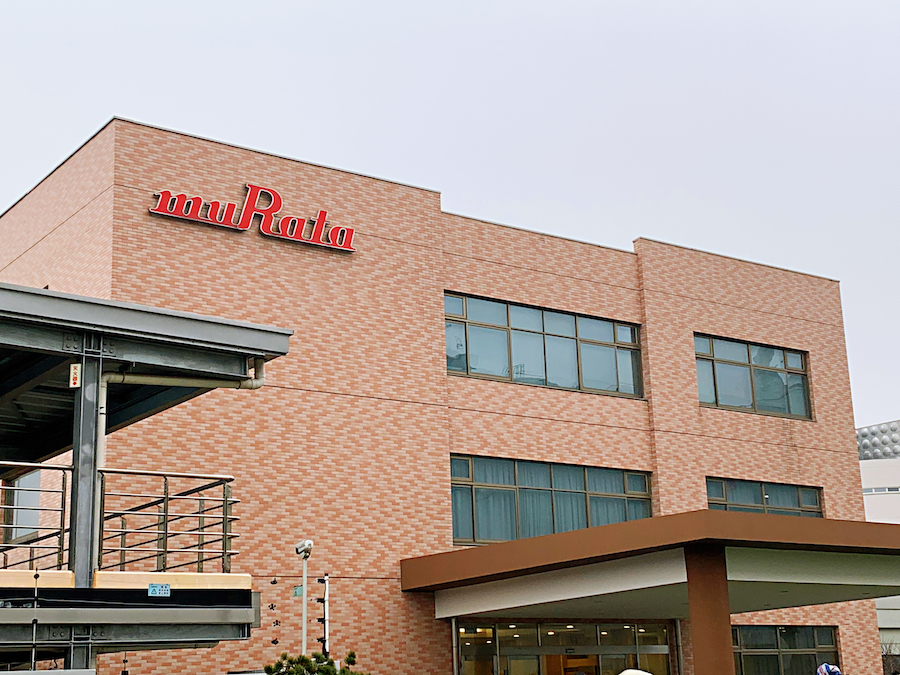
Japan electronic component maker Murata steps up its efforts to develop duplicate supply chains -- one for the US-led economic bloc and one for China-led bloc, as US-China decoupling accelerates, Nikkei Aisa quoted Murata’s manufacturing president Norio Nakajima as saying on October 18.

Nakajima says the US and China economies are decoupling more quickly than ever after Washington rolled out its latest export controls on the Chinese chip sector.
"It's difficult to tell at this point how much of an impact [the export curbs] will have on the Chinese economy," Nakajima said, speaking on the sidelines of the CEATEC consumer electronics show in Chiba, just outside of Tokyo. "We'll do what we have been doing: Develop duplicate supply chains -- one for the U.S.-led economic bloc and one for China-led bloc."
"The world is decoupling at a faster pace than I had feared," Norio Nakajima added.
Murata, which makes key smartphone and other components, relies on China, including Taiwan region, for over half of its sales.
Murata's products appear to lie outside the scope of the US export curbs, which target advanced logic and memory chips and chipmaking equipment built with American technology. But those restrictions could deliver a blow to tech companies operating in China, including Apple, to which Murata supplies various electronic components.
The company is the world's largest producer of capacitors, a tiny electronic device that helps smooth voltage. A typical smartphone has nearly a thousand capacitors, according to Murata.
Murata also makes communication modules, used for receiving and transmitting mobile signals, as well as power devices for converting electric currents. It is a major supplier to Apple, Samsung and Chinese smartphone makers.
Murata's main production facilities are in Japan, though the Kyoto-based company also has a major production site in Wuxi, in eastern China’s Jiangsu Province. Like other tech companies, it has begun stepping up efforts to diversify its supply chain. In November last year, the company said it will open a new plant near Chiang Mai, Thailand, in October 2023. The company said in June it will beef up production in Da Nang, Vietnam, by August 2023.
"We will eventually have to think about producing in India in the future," Nakajima added, though he said the country does not yet have the necessary infrastructure for such a move.
Murata last month announced a plan to set up with suppliers a joint venture for production of barium titanate, to strengthen its ability to secure the key MLCC material, Nikkei Aisa's report said.
Another risk for the company, according to analysts, is its higher-than-usual inventory levels. Nakajima countered that this was a defensive move against possible supply disruptions. "The appropriate level of inventory is higher today than before. I don't believe our inventory level is excessive," he said.
Automakers in particular have been stockpiling parts and components to manage the disruptions brought on by factors such as the pandemic, China's zero-COVID policy, a global chip shortage and the Ukraine war, according to Nikkei Aisa.
RELATED
-
Apple’s Chinese supplier Luxshare Precision gives up $330 million investment in India
11-20 17:28 -
European Commission President von der Leyen will visit China in wake of the EU’s ongoing probe into China’s subsidies on EV industries
11-20 16:59 -
The IC design subsidiary of China’s listed IC distributor P&S completes testing of its first MCU product for automotive standard
11-20 16:26
READ MOST

No Data Yet~







